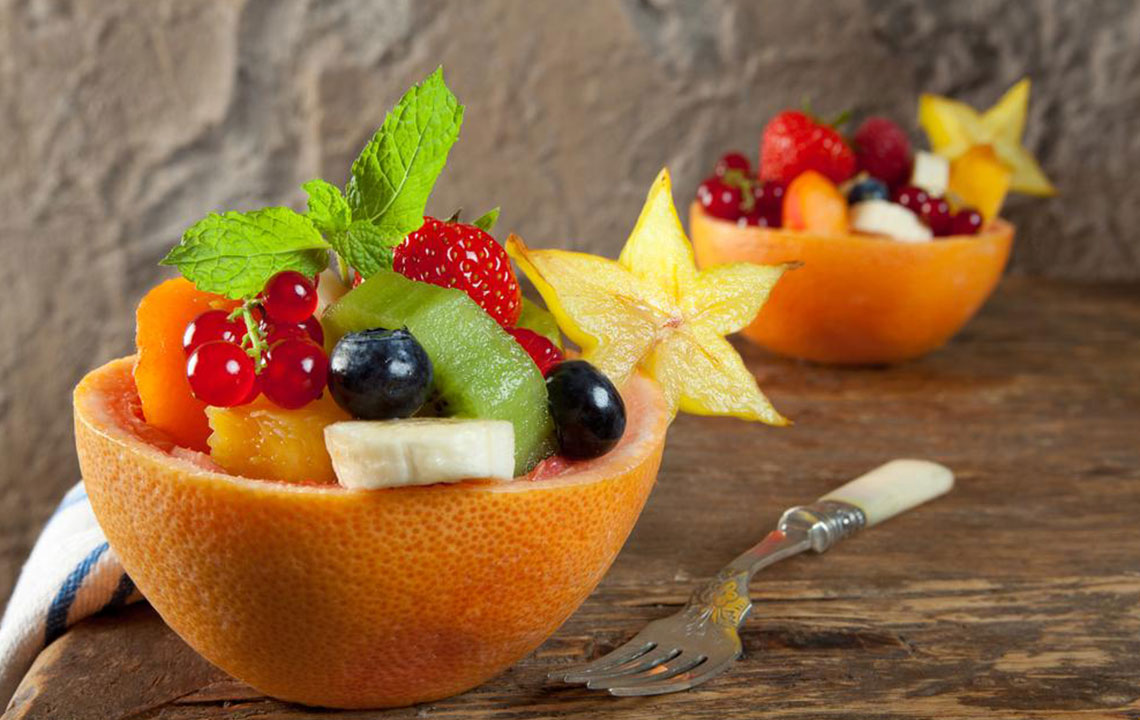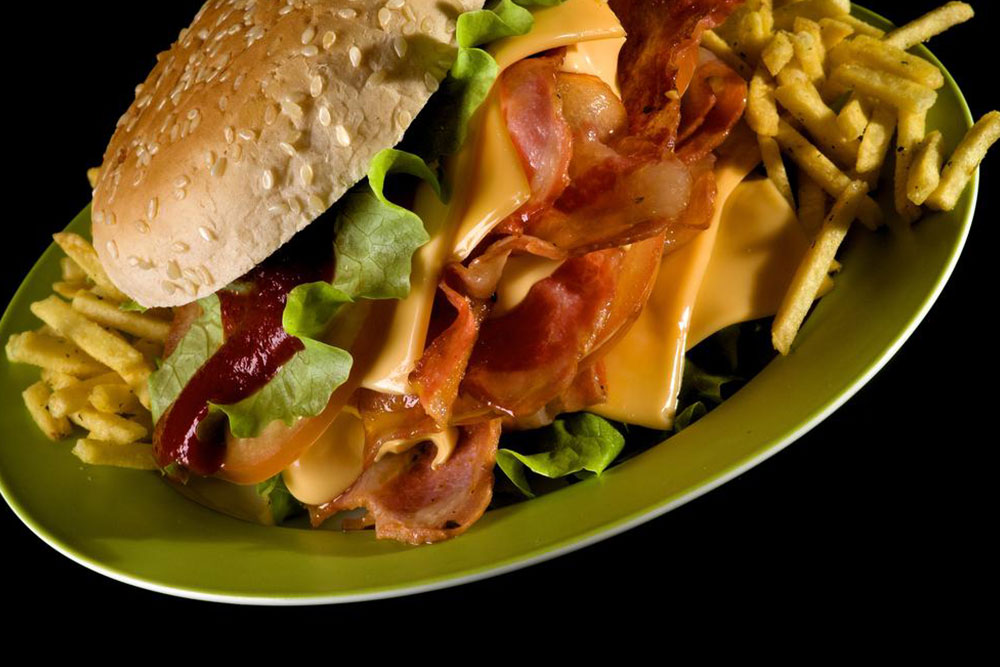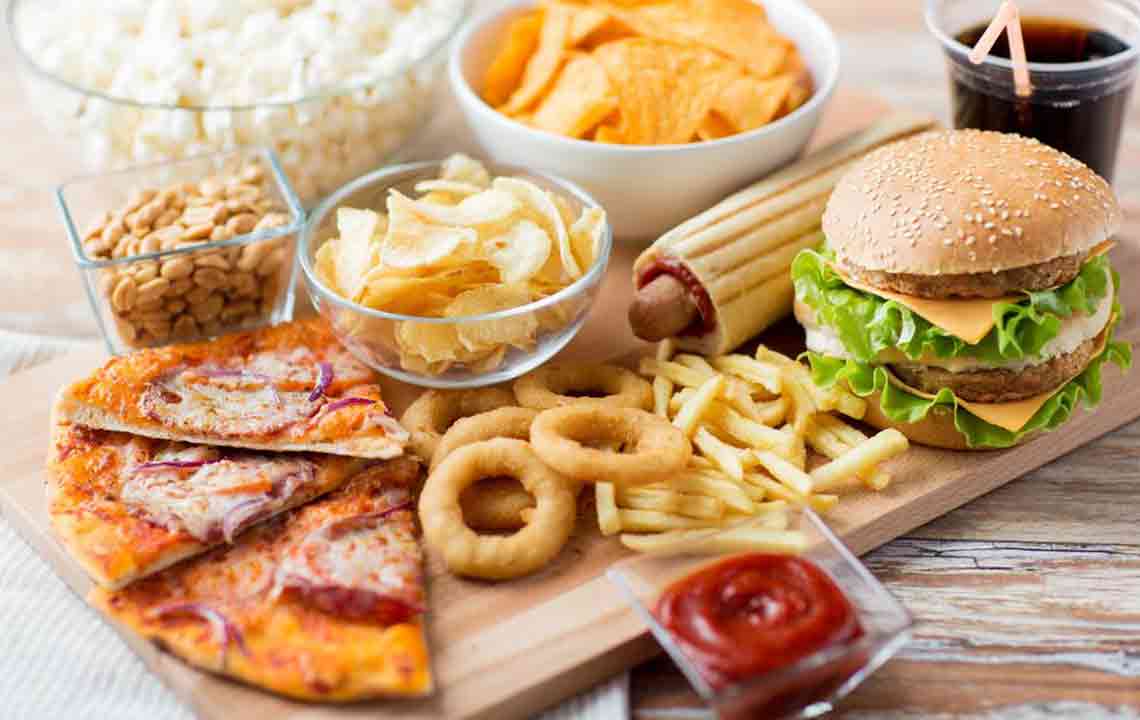Effective Nutritional Strategies for Managing Diverticulosis
Discover key dietary and lifestyle strategies to effectively manage diverticulosis. This guide covers phases from liquids to high-fiber nutrition, highlights foods to avoid, and emphasizes preventive health measures for lifelong colon health improvement.

Effective Nutritional Strategies for Managing Diverticulosis
Diverticulosis is a condition characterized by the formation of small pouches, known as diverticula, along the walls of the colon, which can become inflamed or infected, leading to diverticulitis. These pouches result from weakened spots in the intestinal lining that bulge outward under pressure. Most common among those over 40, symptoms include abdominal pain, fever, blood in stool, and nausea. Early stages often present mild inflammation, but if neglected, serious complications may ensue, requiring medical intervention or surgery.
Making dietary and lifestyle modifications is crucial for managing symptoms and preventing flare-ups. A gentle diet consisting of soft, easily digestible foods, while avoiding certain items, can support gut health. Resting the digestive system with liquids and soft foods accelerates recovery and lessens colon strain.
Recommended eating plan for diverticulosis:
Phase One – Liquid Diet: Focus on consuming water, clear broths, clarified fruit juices, herbal teas, gelatin, and vegetable juices without pulp. This approach reduces inflammation and eases digestion.
As symptoms subside, gradually transition to a low-fiber diet. Permissible foods include eggs, fish, refined bread, cooked seedless vegetables, white rice, yogurt, and milk—these minimize bowel irritation while supplying essential nutrients.
Moving to a High-Fiber Diet: Post-healing, emphasize fiber-rich foods to promote bowel regularity and lessen colon pressure. Incorporate oats, brown rice, fruits like apples and pears, vegetables such as carrots and broccoli, beans, and whole grains. Aim for 25–30 grams of fiber daily to support gut health long-term.
Fibre supplements like psyllium or methylcellulose can support fiber intake when advised by your healthcare provider. Always consult your doctor before adding supplements.
Foods to Avoid: Steer clear of foods containing small seeds or hard particles, such as popcorn, nuts, and seeds, which might worsen inflammation by lodging in diverticula.
Preventive Measures: Adopt a healthy lifestyle to reduce diverticulitis risks. Important steps include quitting smoking, staying well-hydrated, limiting red meats and high-fat foods, exercising regularly, managing weight, avoiding excessive NSAID use, and not delaying bowel movements. A fiber-rich diet is vital for ongoing prevention and management.
Following these dietary guidelines consistently helps control symptoms and promotes digestive health. Incorporate healthy eating habits daily and consult your healthcare provider for personalized advice to optimize outcomes.


